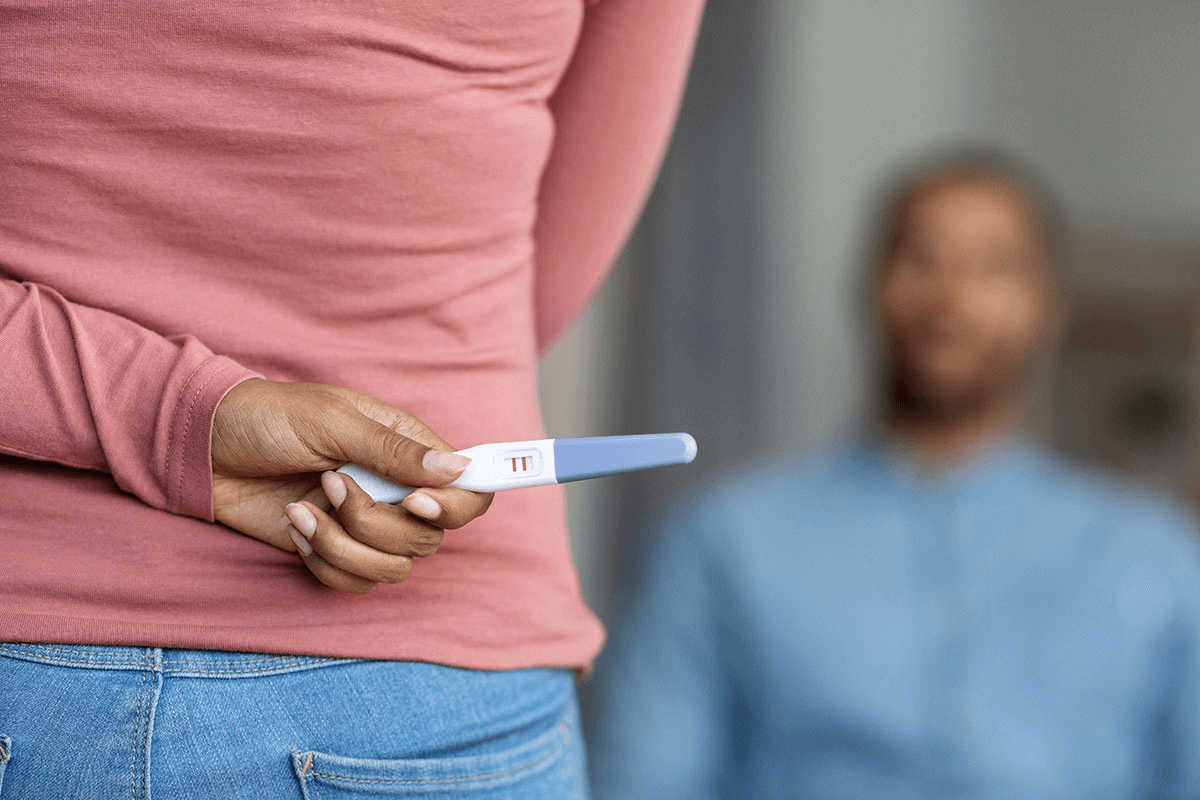When is the Best Time to Try for Pregnancy?

Deciding when to become pregnant is a monumental decision, arguably one of the biggest you’ll ever make. The journey to conception and pregnancy isn’t always straightforward, and the experience can differ greatly from the idealized portrayals often seen in media. Beyond the anticipation of a new baby, there’s a host of factors to consider to ensure you’re truly ready for the changes ahead.
Assessing Your Lifestyle
The first major consideration is your current lifestyle. A stable home environment is crucial for a child’s development, even from birth. Ask yourself:
- Are you ready for a lifestyle change? Raising a child means giving up spontaneity for a more structured routine. Nights out and impromptu plans will become less frequent.
- Is your home environment safe and accommodating for a baby? Ensure you have enough space and that your home is baby-proofed.
- Is your relationship stable? If you’re in a partnership, a stable relationship provides a solid foundation for raising a child. If you’re planning to be a single parent, think about the support system you’ll need for work, personal time, and other responsibilities.
Financial Preparedness
Financial stability is another critical aspect. Children come with significant expenses, and while no one is ever fully “financially ready,” it’s important to have a solid financial footing. Consider:
- Are you currently in debt? It might be wise to reduce or eliminate debt before adding another person to your financial responsibilities.
- Are you pursuing education or career goals? If you’re still in school or working towards a career milestone, it may be prudent to achieve these goals first. Many women find it challenging to return to school or advance their careers after having children.
Also read: How Ovulation Tests Work: A Comprehensive Guide
Health Considerations
Your health is paramount when planning for pregnancy. A comprehensive physical exam can help ensure you’re in the best shape to conceive and carry a pregnancy. Discuss with your healthcare provider:
- Any recent illnesses or surgeries: Understand if any past health issues could impact your pregnancy.
- Overall health and readiness: A doctor can provide personalized advice and ensure you’re physically ready for pregnancy.
Understanding the Science of Conception
Getting pregnant involves more than just having sex; timing plays a crucial role. Typically, ovulation occurs 10 to 14 days after your period ends. Here’s how to optimize your chances:
- Track Your Ovulation: Many women can sense when they are ovulating. The day or two before ovulation is the prime time for conception.
- Use Ovulation Kits: Available at most drug stores, these kits can help you pinpoint your most fertile days.
- Be Patient: Most couples do not conceive immediately and may need several months of trying. Doctors usually advise that it’s normal to try for up to a year before seeking further advice.
Final Thoughts
Preparing for pregnancy involves careful planning and consideration of various aspects of your life. By assessing your lifestyle, financial situation, and health, and understanding the biological aspects of conception, you can make an informed decision. When all these elements align, you’ll be better prepared for the journey of pregnancy and parenthood.






